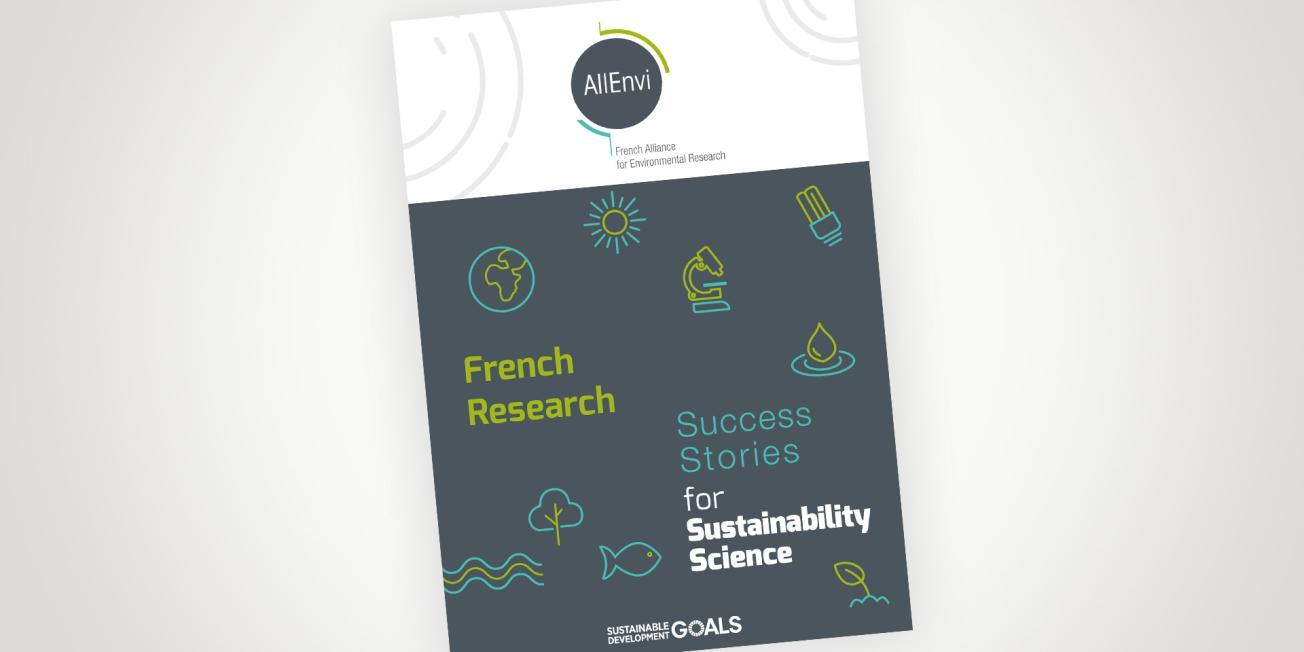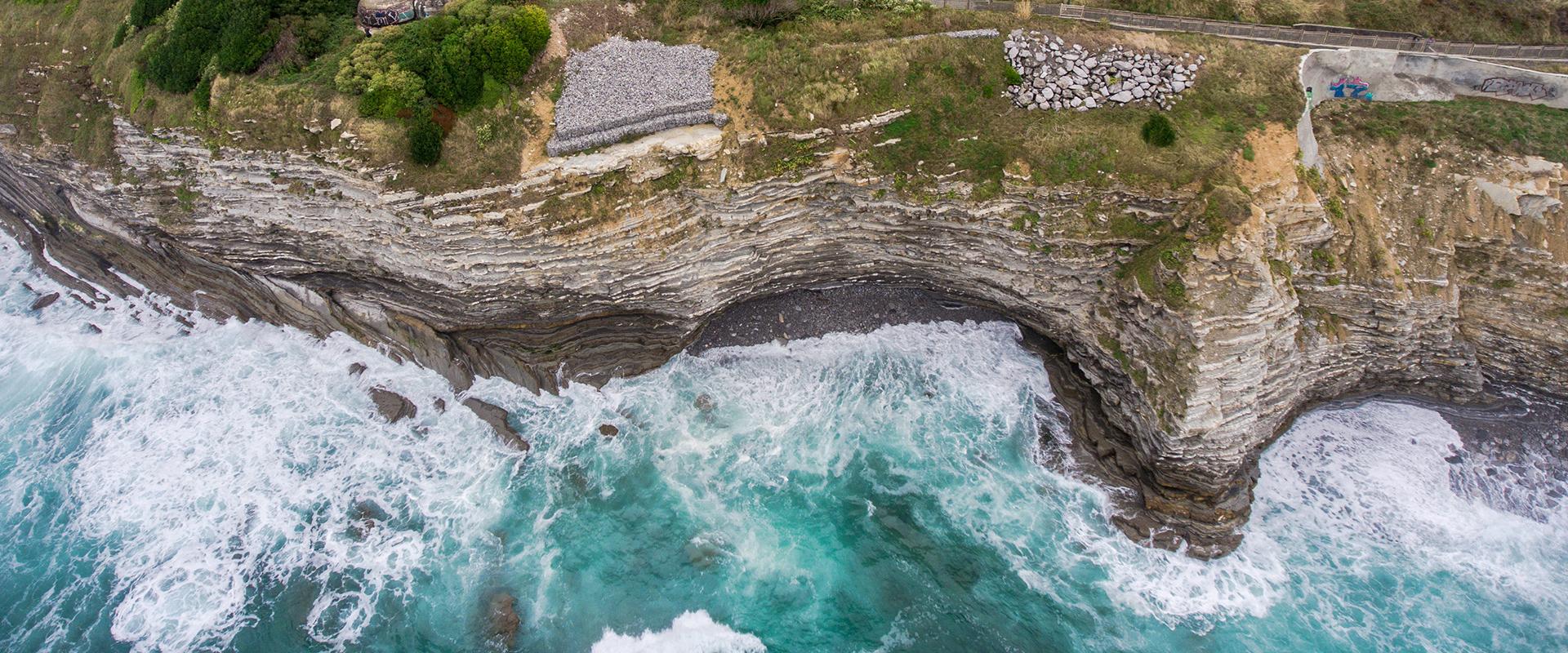
Cover of the "Science of Sustainability" brochure.
© AllEnvi
At the UN’s General Assembly Sustainable Development Summit in September 2019, AllEnvi, the French Environmental Research Alliance, of which BRGM is a founding member, presented a document promoted by the AllEnvi alliance and highlighting the "Science of Sustainability”.
The imperative goals of the AllEnvi alliance - feeding 6 and then 9 billion human beings, ensuring an adequate water supply, mitigating the climate crisis, promoting biodiversity, resilient territories, their evolution and alterations - are enshrined in the UN's Sustainable Development Goals (SDOs). Sustainability Science aims to anticipate the difficult and complex trade-offs involved in sustainable development issues and to propose solutions.
This document highlights some of the most representative research on “sustainability science” involving French research teams that are members of AllEnvi. Of the projects presented, two were coordinated by BRGM.
Forecasting marine flooding due to extreme events
The demographic attractiveness of coastal areas increases the vulnerability of populations to the hazards of marine flooding and erosion. The rise in sea level will accentuate sea flooding phenomena in the coming decades.
The ANR SPICY and RISCOPE projects are developing experimental methods and tools to identify the challenges of a territory exposed to flooding. They validate decision-making tools and information that can be directly used by local authorities and government services for crisis management.
Coastal groundwater subject to global and societal changes
In Brazil, as in many emerging countries, population pressure is so high in coastal areas that water resources are becoming scarce due to salinisation and contamination. The COQUEIRAL project analyses these degradation mechanisms in a societal and structural framework, taking the example of the city of Recife.
This approach addresses the sociological aspects of water management, collective and individual issues, practices and related perceptions, by questioning the specific conditions of urbanisation and water administration in Recife.







